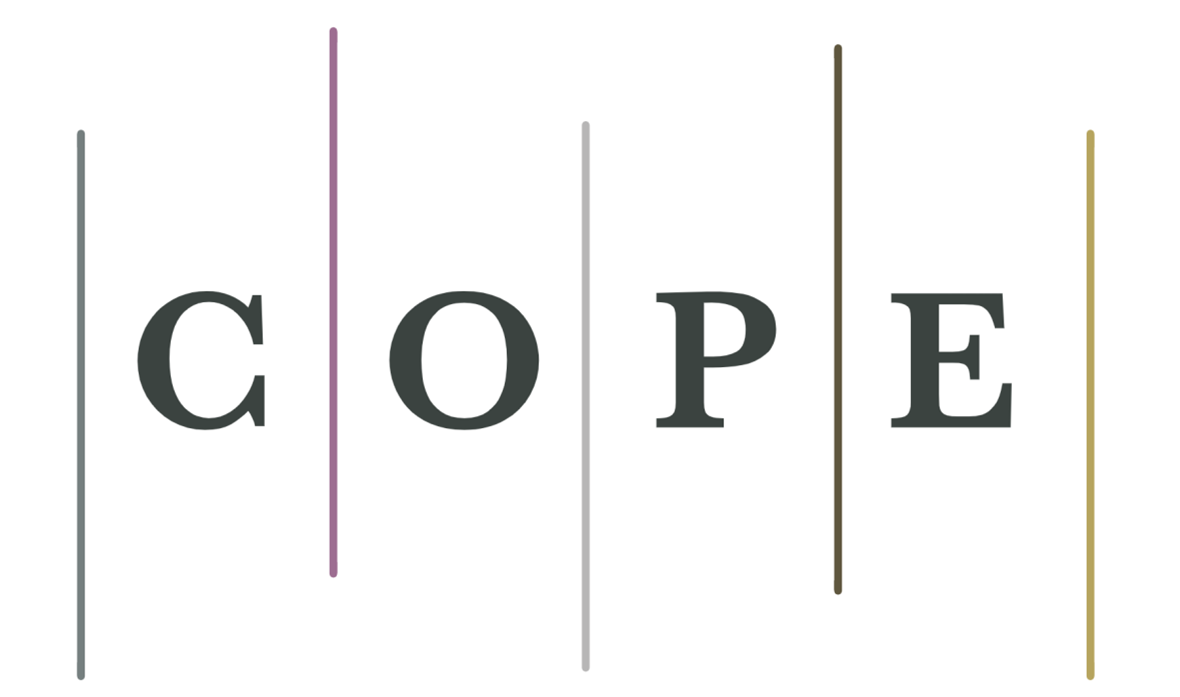A study of Land Zoning in the base of Traffic Noise Pollution Levels using ArcGIS: Kirkuk City as a Case Study
DOI:
https://doi.org/10.22153/kej.2017.06.002Abstract
This study is an approach to assign the land area of Kirkuk city [ a city located in the northern of Iraq, 236 kilometers north of Baghdad and 83 kilometers south of Erbil [ Climatic atlas of Iraq, 1941-1970 ] into different multi zones by using Satellite image and Arc Map10.3, zones of different traffic noise pollutions. Land zonings process like what achieved in this paper will help and of it’s of a high interest point for the future of Kirkuk city especially urban planning and economic issues of the city. Also, it may be considered as a reference in solving the traffic jam problems in the city. Transportations and sounds of horn of vehicles are the major sources of traffic noise pollutions .Vehicular traffic noise problems are contributed by various types of vehicles such as heavy and medium trucks or buses or automobiles. During this study, six major regions within the city were selected (Governorate region, Baghdad road, Al Wasti, Al Askary, Al Nasir and North garage). A survey for all those six regions were taken place and noise measurements were captured at points or near to the intersections for a duration of three different periods days per a week [ Sunday 3rd , Monday 4th , and Tuesday 5th] of January 2016. The results showed a high level of noise pollution and super passing on many occasions to the prescribed levels by Central Pollution Control Board (CPCB) , maximum level noise pollution value was 94.6 dB(A) in AlWasti region near to the road that leading to Kirkuk university , while minimum level noise pollution value was 48 dB(A) in AlNasir region. As a result, a noise map zoning was prepared for Kirkuk City for top peak working three days. The prepared noise distribution map will help and could be used as a considerable point for the future during designing projects related to transportations. Also in another hand, the map reflected indirectly the amount of regional air pollutions. High distributed noise pollution zones means a zone of a high air pollutions levels specially Cox and Nox gaseous pollutions.
Downloads
Downloads
Published
Issue
Section
License
Copyright: Open Access authors retain the copyrights of their papers, and all open access articles are distributed under the terms of the Creative Commons Attribution License, which permits unrestricted use, distribution, and reproduction in any medium, provided that the original work is properly cited. The use of general descriptive names, trade names, trademarks, and so forth in this publication, even if not specifically identified, does not imply that these names are not protected by the relevant laws and regulations. While the advice and information in this journal are believed to be true and accurate on the date of its going to press, neither the authors, the editors, nor the publisher can accept any legal responsibility for any errors or omissions that may be made. The publisher makes no warranty, express or implied, with respect to the material contained herein.
















